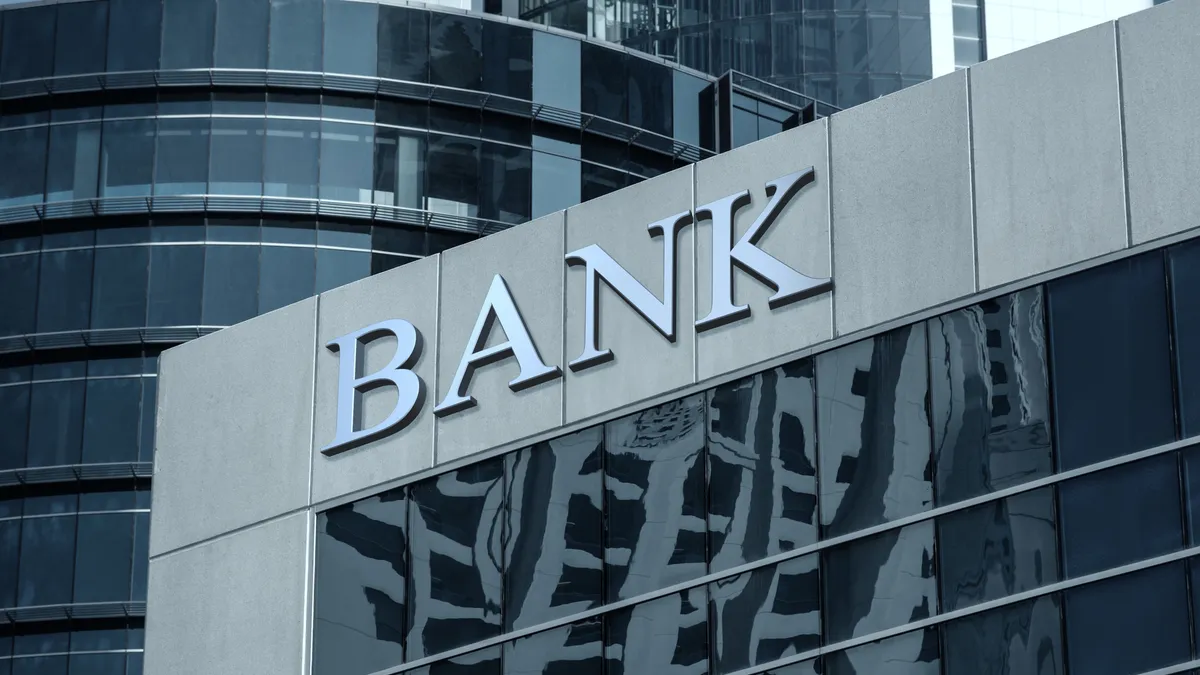The Fintech Open Source Foundation rolled out a financial services AI readiness working group last week, with industry backing from Citi, Morgan Stanley and the London Stock Exchange Group. The group has tech-sector support from Microsoft and Databricks.
The initiative aims to outline a governance framework for safely sourcing, developing and deploying generative AI-based solutions in the finance industry. The group will also encourage the development of open-source models, according to the announcement.
“We see an opportunity for the industry to collaborate in the open on precompetitive financial services domain-specific language models,” Gabriele Columbro, executive director of FINOS and general manager of Linux Foundation Europe, said in the release. “Importantly, we also have a responsibility to be a steward of truly open source efforts financial services can rely on.”
The data-rich finance industry is teeming with generative AI activity, despite executives’ concerns over compliance risks, data security and the potential implications of model-produced errors.
FINOS, an industry group allied with the Linux Foundation, produced a unified set of cybersecurity, resiliency and regulatory standards for financial industry cloud use last year. Dozens of banks signed on to the Common Cloud Controls project, including Citi, Goldman Sachs and Morgan Stanley.
The AI readiness group has similar objectives, including the application of open-source principles to the technology, Columbro told CIO Dive.
“Our community quickly coalesced into creating open-source readiness at a serendipitous moment when our members realized they all had the same challenges,” Columbro said of the AI readiness initiative. “We see some similarities with the Common Cloud Controls, but genAI is such a fast-paced technology that many of the organizations haven’t had time to develop the skill sets you need.”
Adoption accelerates
The banking industry took years to buy into cloud. With generative AI, the adoption timeline has contracted to mere months.
Shortly after JPMorgan Chase Chairman and CEO Jamie Dimon pushed for AI adoption in an April shareholders letter, the company unveiled its IndexGPT tool. The bank used OpenAI’s GPT-4 model to build the tool, according to a Bloomberg report Friday.
Other financial industry giants have ramped up pilots on the path to potential use cases. Bank of America’s technology teams applied for nearly 650 patents last year, one-fifth of which were related to AI and machine learning solutions. The company spent $3.8 billion of its tech budget on innovation last year and plans to do the same in 2024.
Banks are in a prime position to benefit from the technology’s ability to modernize code, ease data ingestion and enhance customer service, according to Accenture. As use cases proliferate, financial institutions should even be able to bolster risk compliance using the technology, Michael Abbott, senior managing director and global banking lead at Accenture, told CIO Dive.
But AI dangers loom large in the industry, too. Columbro groups risk sources into three related buckets:
- Data, code and intellectual property security concerns
- Ethics and governance ambiguities
- Data provenance and supply chain uncertainties
“A lot of the models out there don't have full traceability of training datasets,” Columbro said, pointing to potential legal liabilities.
“Whether the model is a proprietary model or an open model, you don't really know the data it was trained on,” Columbro said. “So, there's currently no formal way to ensure that you're not relying on data that you didn't have access to in the first place.”















